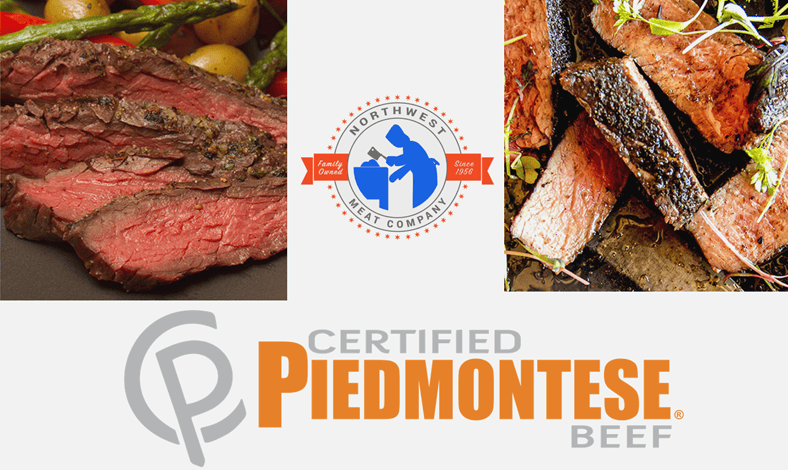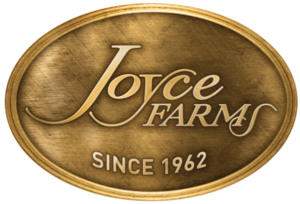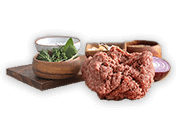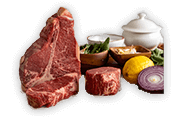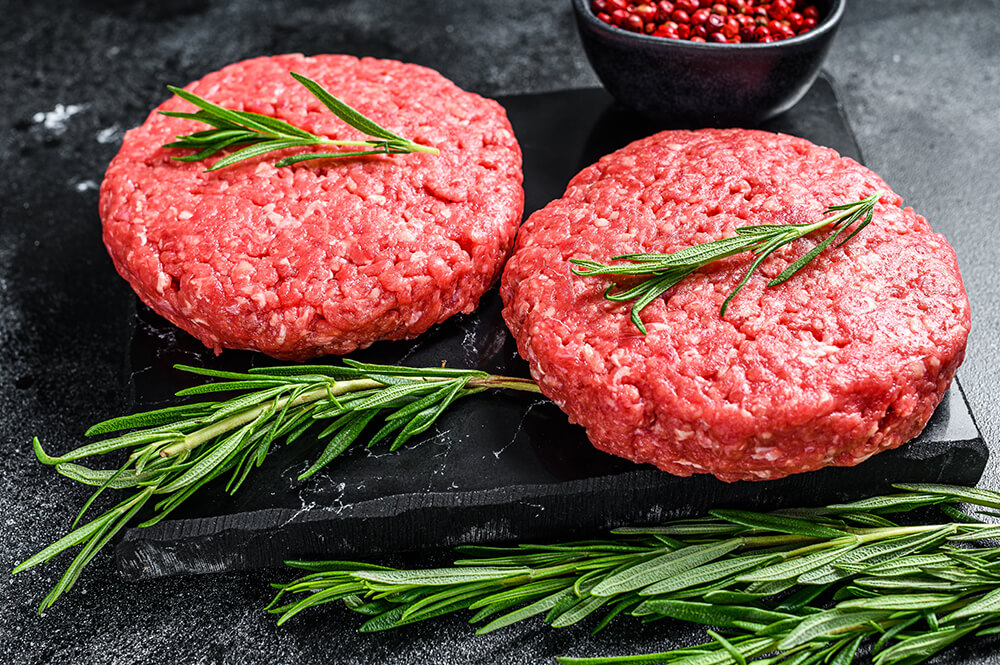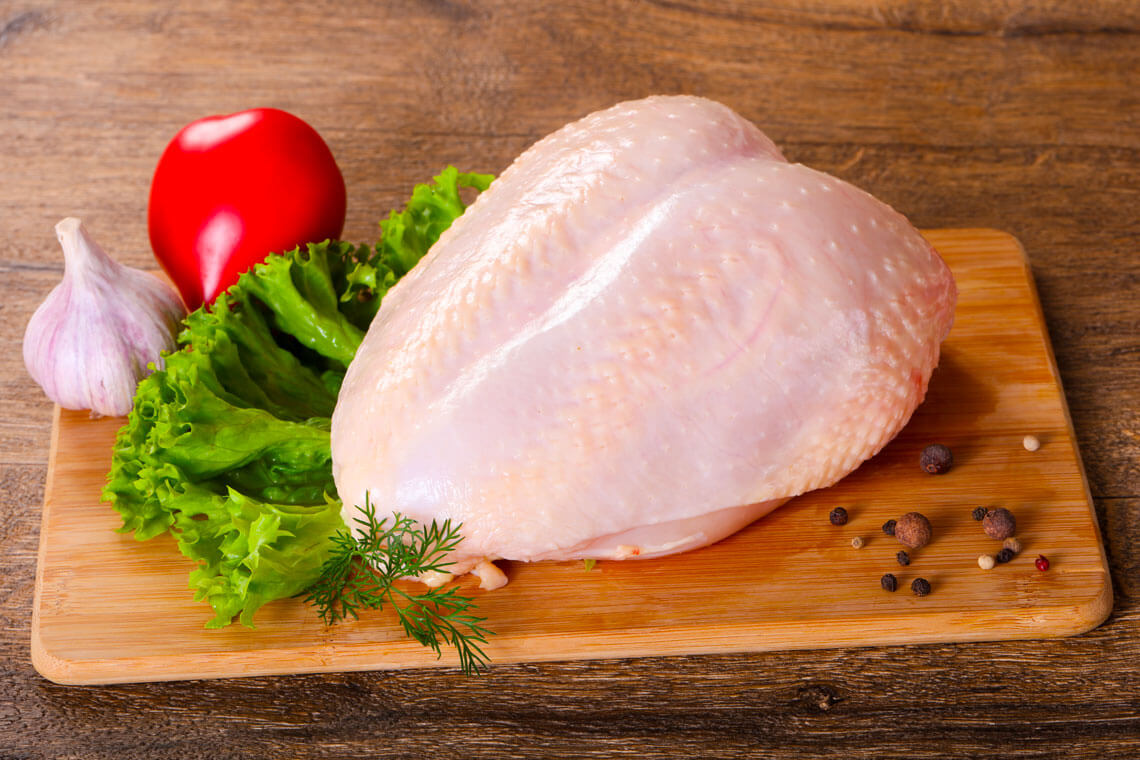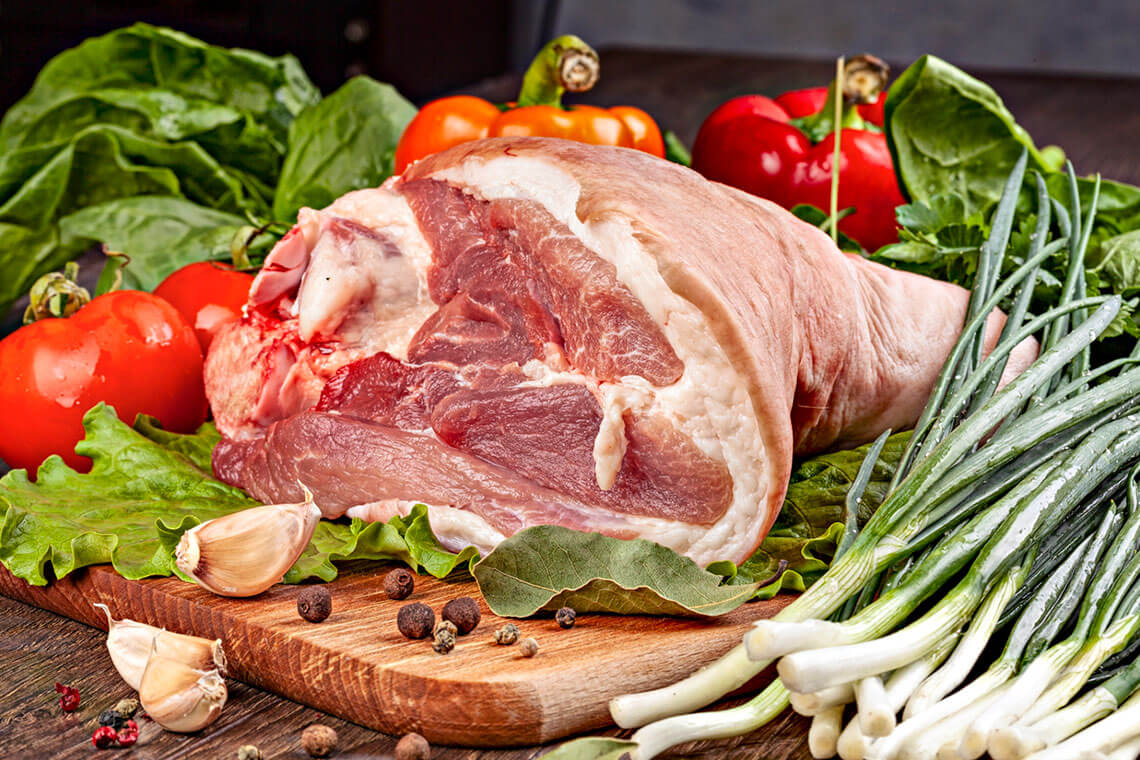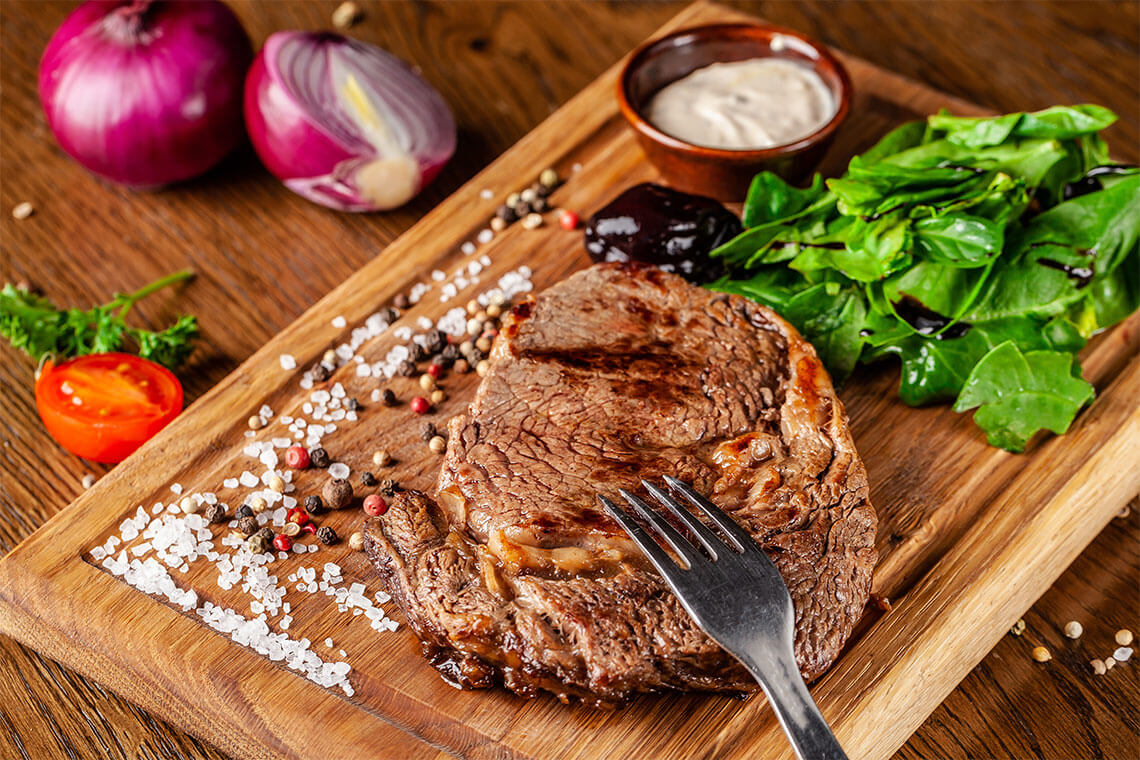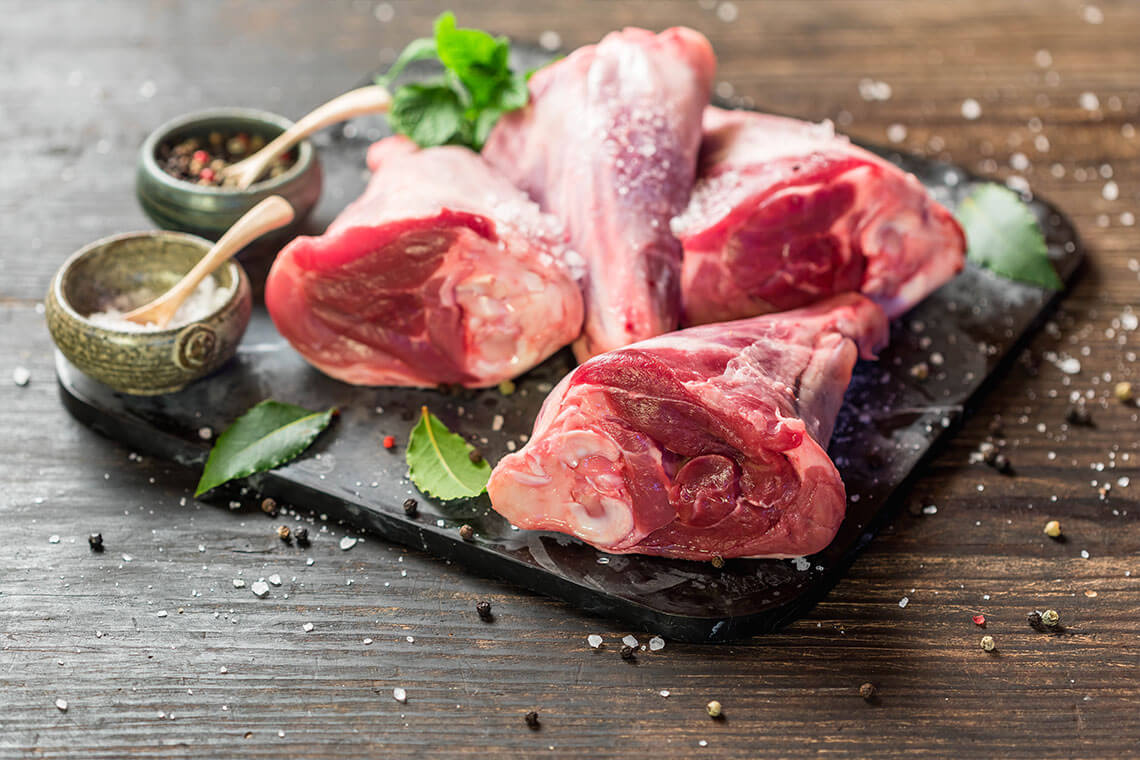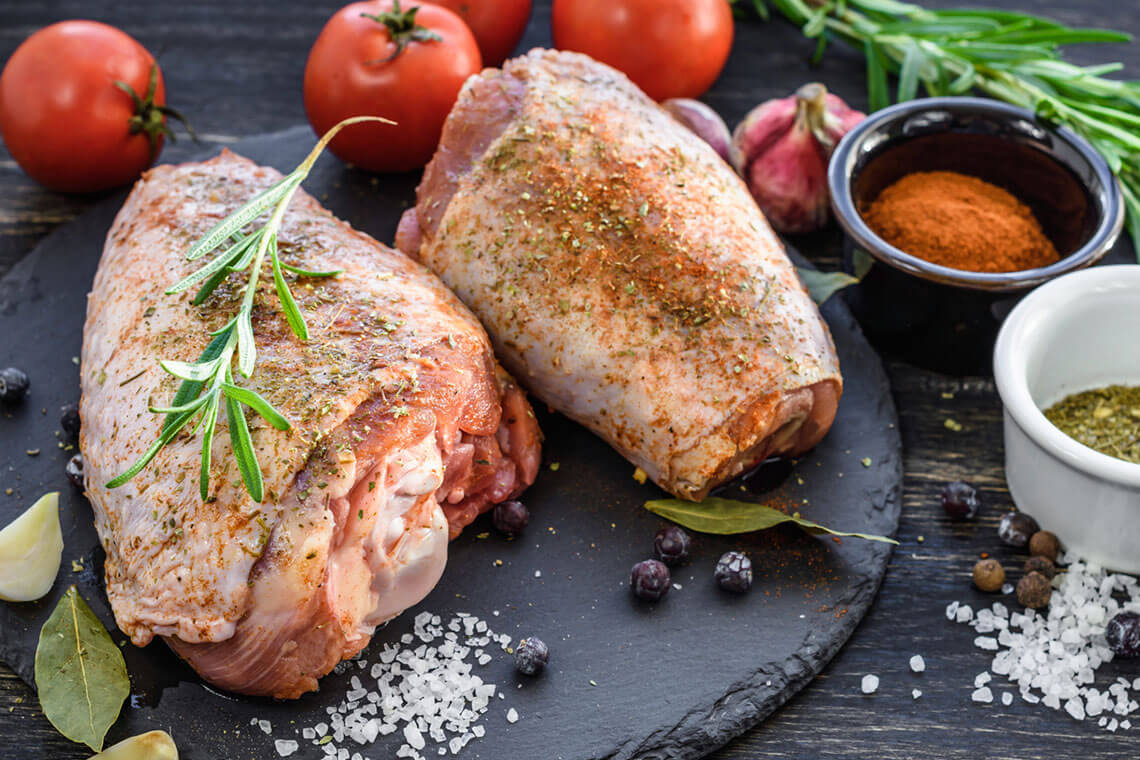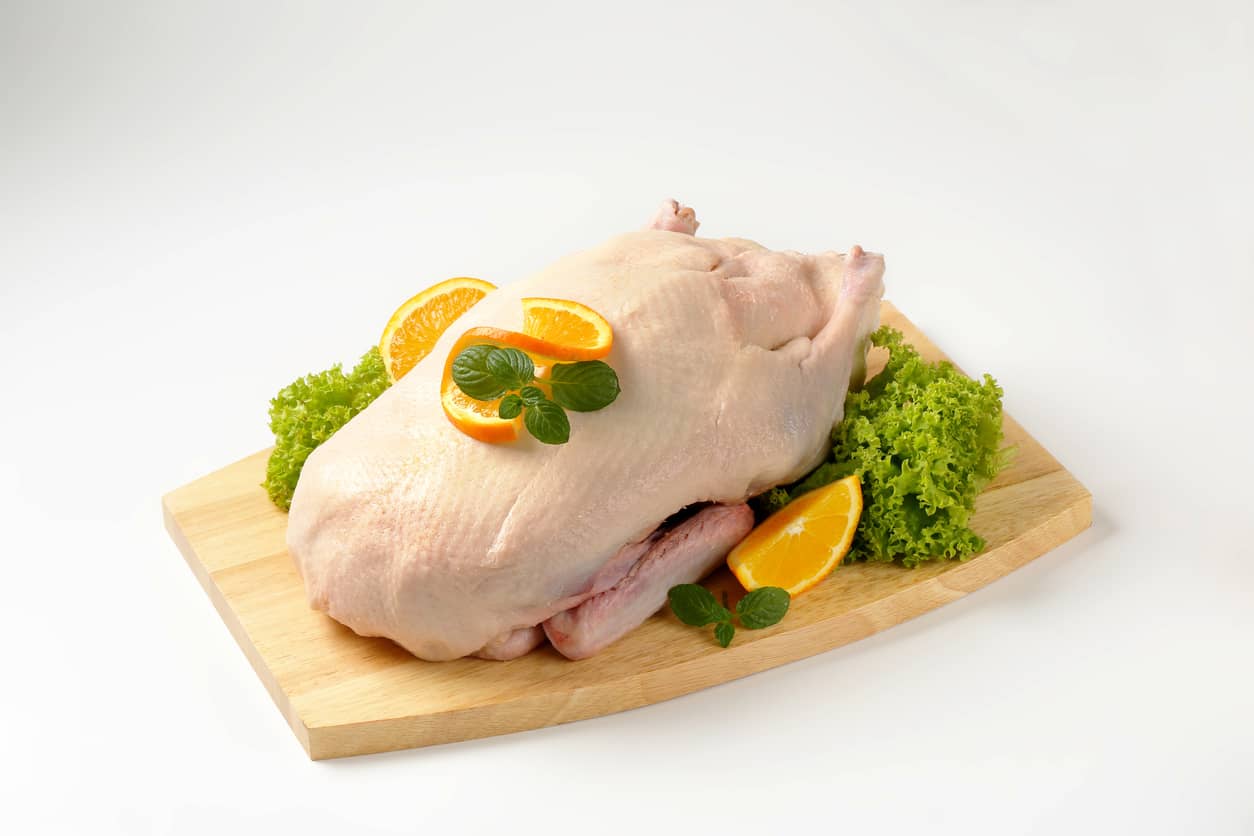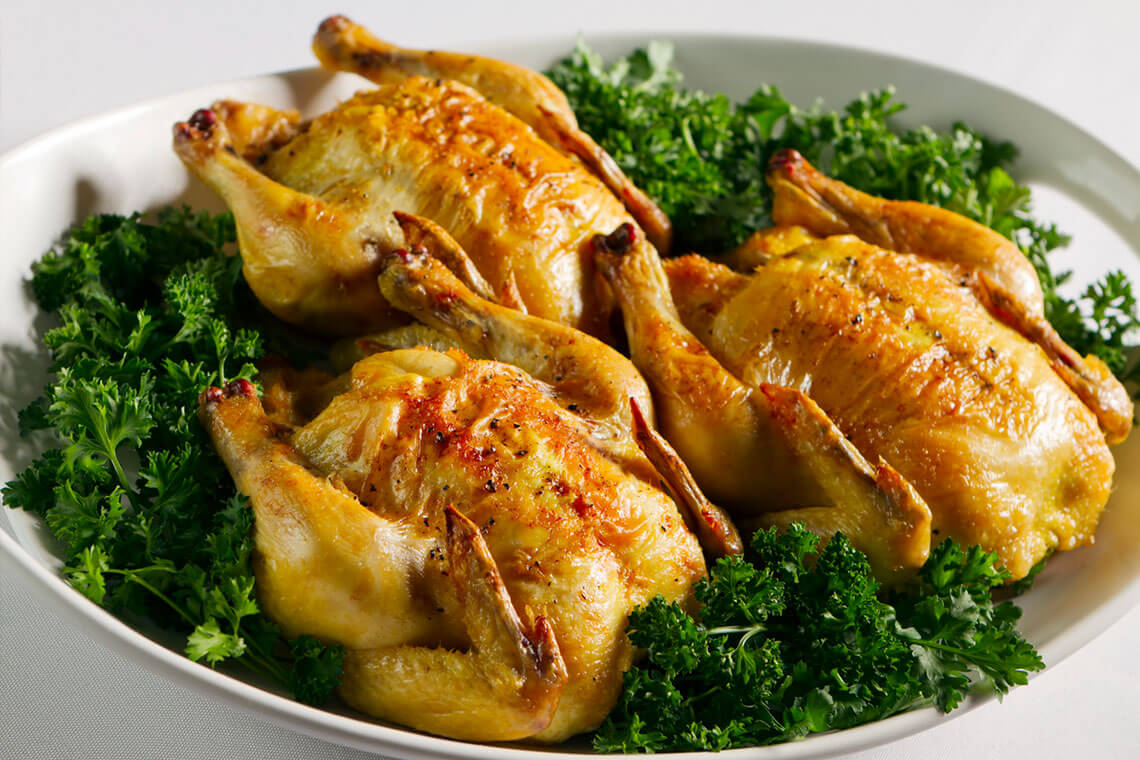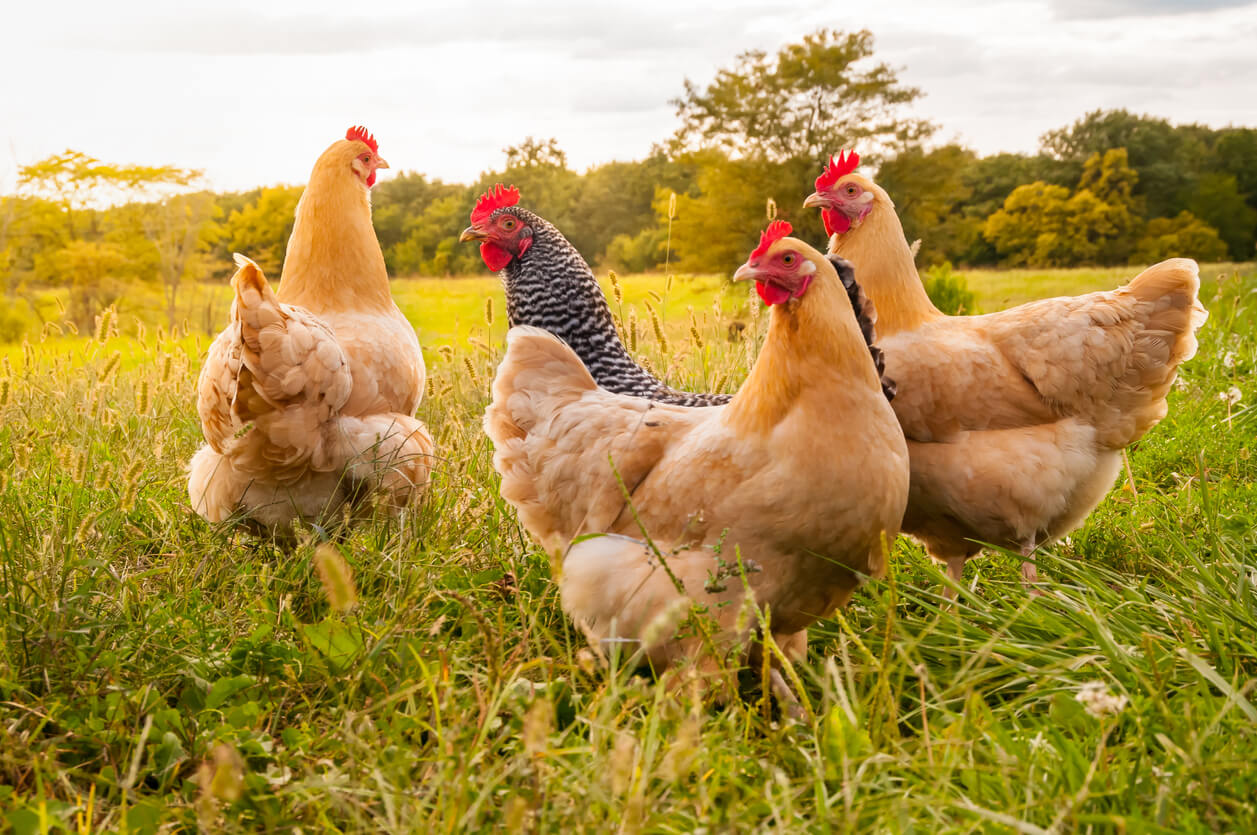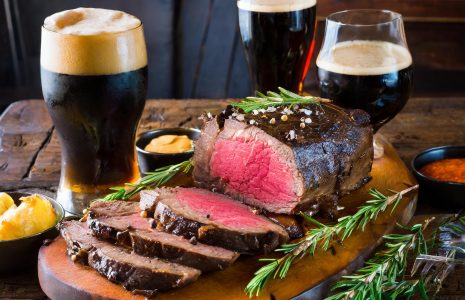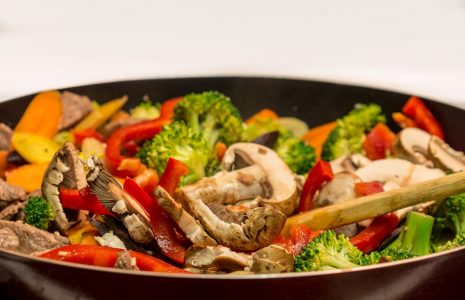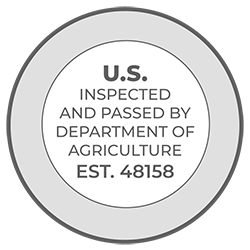Nowadays there is an increasing number of choices available when it comes to the chicken we eat. How your chicken is prepared is important depending on your lifestyle choices or your religion, you might require your chicken to be raised or processed in a different way. Understanding the differences between Amish Chicken, Kosher Chicken and Halal Chicken is crucial in ensuring that you make the right choice depending on your choices.
Continue reading below to learn more about the differences between Amish Chicken, Kosher Chicken and Halal Chicken, so that you can make an informed decision.
Amish Chicken: What Does It Mean?
The term “Amish Chicken” became popular during the 1990s. It referred to chickens that the Amish farmers raised. Since that time, consumers have become more and more concerned with about health implications and cruelty when it comes to “factory-farmed” chickens that are usually raised in small spaces and receive hormones causing them to grow rapidly.
Amish Chicken Are Free-Range
Amish style chickens are all free-range and housed in chicken coops owned and operated by the Amish. The free-range chickens can, therefore, walk around unconfined. This method of raising chickens has become popular because they are said to be healthier and have more taste than birds that are medicated, receive hormones and raised in confined spaces.
Amish Chickens Are Tastier and Healthier
The primary advantage of an Amish style chicken is its taste, which results due to the chickens being fed all-natural feed with no hormones, antibiotics or added medications. In addition, Amish style chickens are different from the organic style and free-range chicken because chickens that are fed organically might not have pesticides or chemicals, but are not always raised in an environment that is stress-free, while Amish chickens are and result in a chicken that is better tasting.
What is Kosher Chicken and is it Healthier?
Kosher is what most people associate with food that conforms to Jewish law, but the word describing the method used to slaughter animals is shechita. Shechita takes place by using a very sharp knife called a chalaf and one single cut is made across the front of the neck of the animal that severs several arteries so the animal bleeds to death. The principle is the same for any animal. A shochet is the only one who can perform a shechita and he, never a she, is trained both physiologically and religiously.
Kosher Chicken is Not Raised Differently
Chickens are not raised as kosher or non-kosher. A chicken whether organic, free range or Amish are considered being Kosher, but the way in which they are slaughtered is what determines if they can be given the Kosher label. While the dietary laws for being Kosher that pertain to chicken have not changed in thousands of years, technology used in the raising, housing, slaughtering and storing of the meat has been.
Is that Chicken Kosher?
Prior to chicken meat being processed and packaged as Kosher, it must be inspected and be free of any blemishes, such as small holes or deformations in the tissue. Glatt Kosher chicken meat must undergo an even more stringent inspection. Glatt is derived from the Yiddish word that means smooth. While some blemishes are allowed for Kosher meat, Glatt Kosher has to be 100% free of blemishes. Because of this extra handling of Kosher and Glatt Kosher chicken the prices can increase by as much as 3 to 4 times that of non-kosher chicken.
Who Eats Kosher Style Chicken?
One recent survey showed that up to 10% of people eat kosher chicken due to religious purposes, while over 65% eat it due to health reasons and because they say it has a better taste than non-Kosher chicken.
Halal Chicken: Following the Word of the Koran
Halal food is food that follows Islamic law, as it is defined in the Koran. Dhabiha, the Islamic form of slaughtering poultry or other animals, involves the killing through slicing the carotid artery, jugular vein, and windpipe. The animal must be alive as well as healthy when slaughtered and its blood must be drained.
Halal Certification
Companies that want to label all or part of their chickens as being Halal must pay a fee to have the processing plant accredited by a Muslim certification body. The plant is also subjected to periodic audits that ensure it is complying with all the requirements contained in the certification.
Misconception About Halal Slaughtering of Chickens
Many believe that chickens are not stunned before being slaughtered in Halal-certified plants when in reality they are stunned so the chicken becomes instantly unconscious and not sensitive to pain just prior to being slaughtered [link to add credibility to this]. Another misconception is the price is higher for Halal chicken due to the additional costs that the Halal accreditation requires. But that is not the case, as the additional costs are minimal and not added to the cost of the chicken.
Difference Between Halal Chicken and Kosher Chicken
While the principle of slaughtering animals in Halal and Kosher are very similar, the latter does not require a religious blessing, which, ultimately, is the biggest difference between the two procedures.
Purchasing Amish Chicken, Kosher Chicken and Halal Chicken
When you understand the differences between Amish, Kosher and Halal Chicken, it’s easier to make the correct choice based on your requirements. For the best selection of Amish Chicken, Kosher Chicken and Halal Chicken, get in touch with our knowledgeable team at Northwest Meat Company. With the best selection of wholesale meats available in Chicago, our staff will be able to help you make the best choice for your individual needs.
Northwest Meat Company is a trusted wholesale meat distributor serving food service establishments in the Chicagoland area. Explore our traditional, Amish Chicken, or Halal Chicken products and let us know if we can offer your business a free sample of our products.
